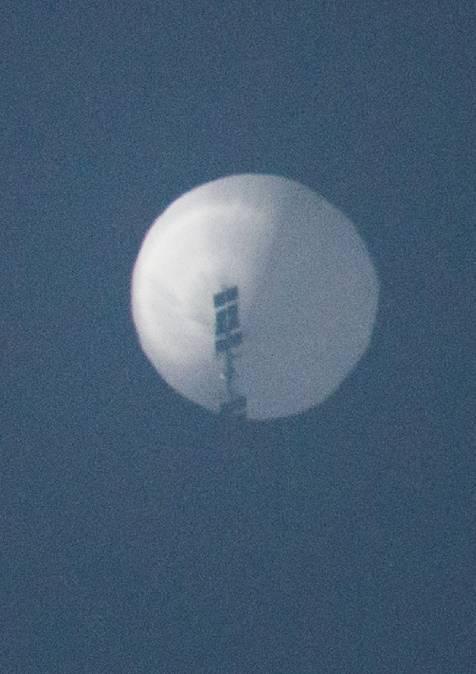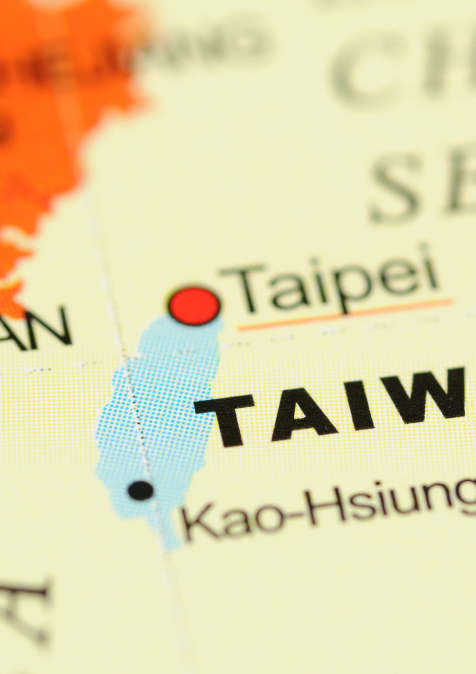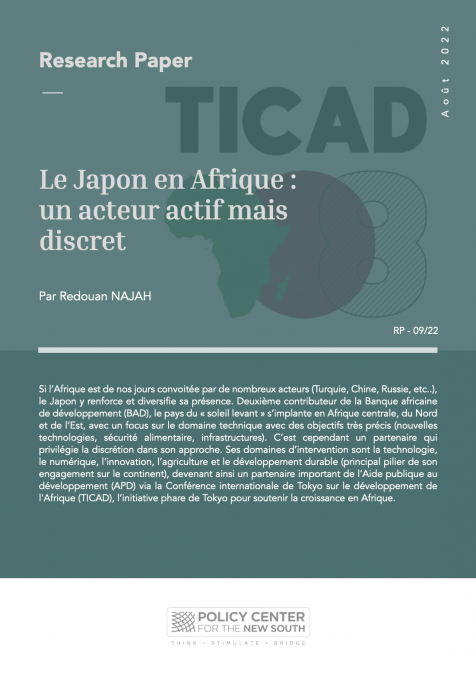Publications /
Opinion
The world is navigating through turbulent waters, witnessing one the most significant transitions ever in its history. With the ascension of China and the steady decline of the United States, there is a general sense of insecurity and fear about the future and the unknown. Change is never a comfortable period due to the turmoil it frequently generates. The relationship between the United States and China will never be the same, but it will not end up in war, as some expect. China is not Russia. The Cold War ended in 1989, despite some still profiting from it.
The troubled relationship is not Donald Trump’s fault or making. It would happen anyway, as China returns to its historical position as the world’s largest economy and today’s most industrialised country. The new normal is a continuous, conflictive relationship between the two world powers. Both have enormous disparities: their economic and political models are different, and so is their social fabric. Their perspectives on the world and its future are also apart. China, on the one hand, is seeking to attain prominence and relevance. The United States, on the other, is seeking to maintain the status quo. Usually, those seeking to attain something tend to be much more engaged and willing to take risks than those who want to preserve things as they are.
The new reality is that the world has changed, and tectonic shifts in global power have happened quietly until recently. In this new world order under construction, the scenario seems to include the following aspects:
1- The United Nations system plus the World Trade Organisation have become steadily less relevant. Though having generated substantial benefits for humankind, there is a widespread perception and sense that some of those organisations have worked mostly in favour and on behalf of the II World War winners, particularly the United States. Their lack of reform in governance has proven to be their Achilles’ heel and the most conclusive evidence of what their purposes are.
2- The United States dollar, which has been the world’s reserve currency, will steadily be replaced by the Renminbi (RMB). The dollar dominance of the international system has provided the United States enormous prosperity and access to cheaper goods and services. Since dollars can only be obtained through investments (which is much rarer) or trade surpluses, countries have been forced to support much of the prosperity and welfare existing in the United States by devaluing their currencies and the cost of their products.
3- Military power – once the critical factor of hard power – will remain essential but less relevant, since the ascension of cyberwar and new technologies are slowly redrawing the role of military power and have acted as significant levellers in global power. Military expenses have barred the United States from investing more in its technological growth and internal infrastructure, with a decreasing spill-over of the results from the military expenditure.
4- Deindustrialisation is a given and a new reality. China has become the world's global factory due to the smart use of its workforce – its most widely available commodity – together with high savings rate, growing investment in education and – most importantly – since countries did not do their homework to remain competitive.
Thus, the new world order with Chinese characteristics will present an economic and political matrix that will slowly replace many of the tenets of the current liberal order. In this new world order, there are a few factors to consider:
1- Economic power prevails over military power. China will not be the world’s leading military power or its policeman. China faces constraints resulting from a very complicated neighbourhood where any significant movement could spark an arms race. With four (4) nuclearised neighbours – India, North Korea, Pakistan and Russia – in addition to South Korea and Japan, which mirror the presence of the United States in Asia, the situation itself forces China to be very careful on the perception of its use of military force.
2- Technology will be the leading force of growth, development and alliances. With the Internet of Things (IoT) and 5G technological dominance, China will be able to enhance its global presence, reap the benefits deriving from its first-mover advantage and set up the standards of the fourth industrial revolution.
3- The world order will be based less on preaching and more on pragmatism. The issue that the United States led by its moral compass, while creating much of the growth and development of the last 70 years, has also significantly been criticised as hypocritical. Most of the regions of the world – though still recognising the vital role of the United States – have examples of situations where the preaching did not truly meet the actions, which has led to grievances and extreme discomfort. The same can be said about the European Union, which will remain a relevant yet secondary player in the new world order.
4- Another issue to remember is what political system is the best fit to deliver results and lead to the prosperity of the citizenry. Everywhere one looks, representative democracy is in a crisis, and the ascension of populism in some countries is nothing but the evidence that symptoms of failure are much more profound than ever thought. Democracies have become used to the perspective of electing and immediately regretting from their voting, a real sense of buyer’s remorse whenever an electoral cycle comes to an end. This feeling of stagnation and discontent with the way democracies – and their corresponding establishment elites – have operated show a complete divorce from the definition of democracy itself – the government of the people, for the people and by the people. The real questions have become: where are "the people" in democracies and who are “those people” leading governments?
Emerging countries should pay close attention to the winds of change and alter their course to meet these new challenges. The Belt and Road Initiative, launched by the Chinese government, can provide some hints about the way China envisions the world functioning in the future. In this future, there is no hard or soft power. What matters is power. Thus, considering that the rise of China is not a wave but indeed a tsunami, there are three things such emerging countries should consider:
- Add value whenever and wherever it can, get rid of restrictions that bar growth and deregulate to let the market forces operate in full force and to the best of their ability, with a long term strategy and perspective on how to reassert itself globally.
- Choose the side where there is more potential to grow and negotiate well the terms of support. History has taught that in the field of International Relations, there are no permanent friends or enemies, just interests.
- Do whatever is necessary to be in the room of global negotiations. If one is not in the room choosing the menu, one will be part of the menu. Countries should be able to learn from the past, take full advantage of the present and not waste time, efforts or talent in useless pursuits. Competitiveness is the name of the game, and China teaches that there is not much room for mistakes.
Though challenging, the prospects for the new world order are positive. A new Age is starting. Undoubtedly, historians will point to the creation of the Internet as the beginning of this new chapter of human history and China as the driving force of this new age. The future looks bright.
The opinions expressed in this blog post are the views of the author.







